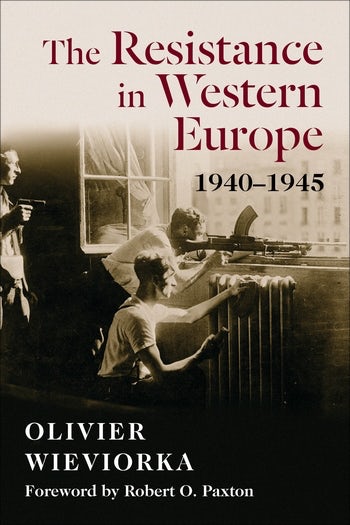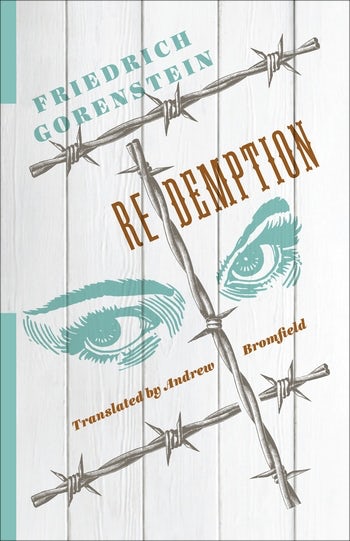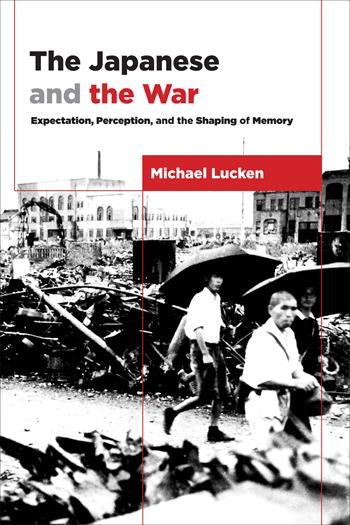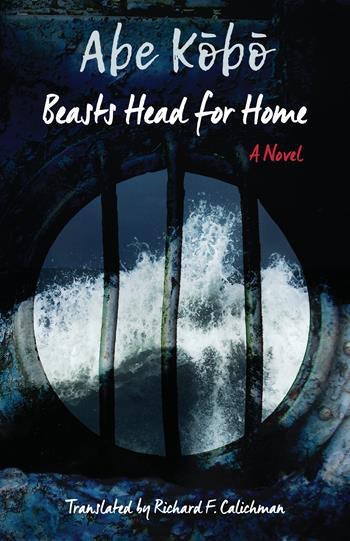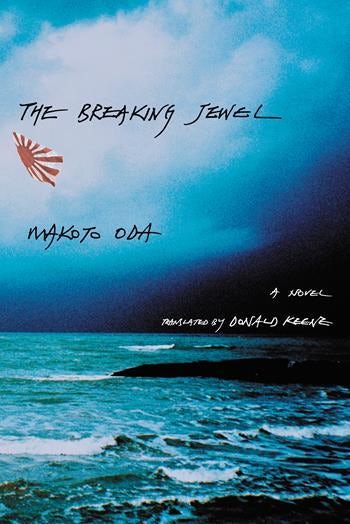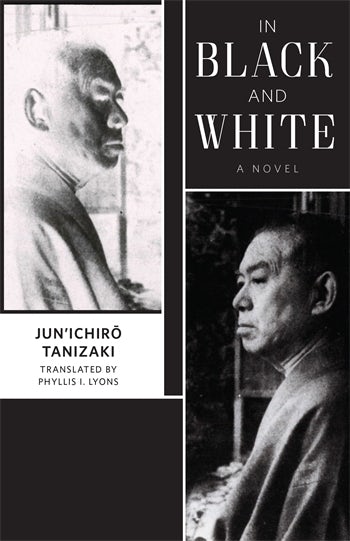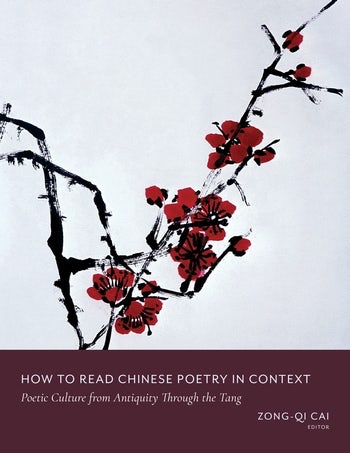Reading List: Books About WWII and Its Aftermath in Translation
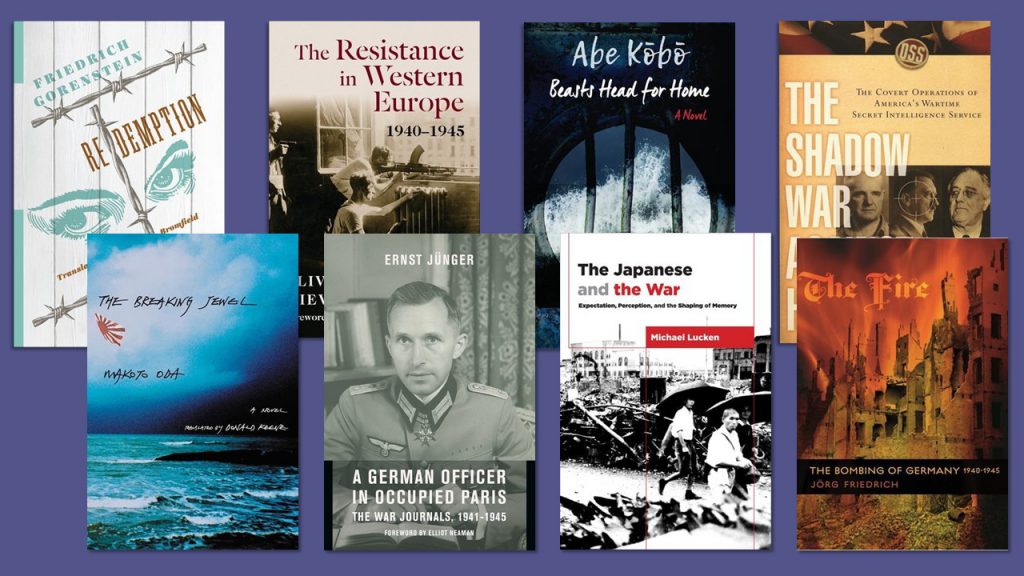
It’s International Translation Day and we’re celebrating with a list of recommended reading that is sure to delight World War II buffs and aficionados. Bringing lesser known aspects of the time period to light, this compilation of books in translation ranges from political and military tactics to narratives of the war and its aftermath from across the globe.
• • • • • •
For background on the process of translation and excerpts in the original German and translated English, read this blog post by Thomas Hansen.
1. A German Officer in Occupied Paris
First on our list is A German Officer in Occupied Paris: The War Journals 1941-1945. Ernst Jünger was one of twentieth-century Germany’s most important—and most controversial—writers. Decorated for bravery in World War I and the author of the acclaimed western front memoir Storm of Steel, he frankly depicted war’s horrors even as he extolled its glories. As a Wehrmacht captain during World War II, Jünger faithfully kept a journal in occupied Paris and continued to write on the eastern front and in Germany until its defeat—writings that are of major historical and literary significance. These journals entries document Jünger’s Francophile excitement, romantic affairs, and fascination with botany and entomology, alongside mystical and religious ruminations and trenchant observations on the occupation and the politics of collaboration. Translated by Elliot Neaman, Thomas Hansen, and Abby Hansen, this is the first English publication of the wartime journals.
Read this Q&A with author Olivier Wieviorka on our blog in French and English translation.
2. The Resistance in Western Europe, 1940-1945
This next featured title is The Resistance in Western Europe, 1940-1945, a sweeping analytical history of the underground anti-Nazi forces during World War II. Olivier Wieviorka examines clandestine organizations in Norway, Denmark, the Netherlands, Belgium, France, and Italy, shedding new light on the factors that shaped the resistance and its place in the grand scheme of Anglo-American military strategy.
This book, translated by Jane Marie Todd, draws on a wide range of archival sources and brings together the political, diplomatic, and military dimensions of the conflict. It is the first account of the resistance on a continental scale and from a trans-European perspective.
From the Russian Library series
For more background on the book read this guest blog post by Russian scholar Emil Draitser.
Read an excerpt here.
3. Redemption
A new addition to our Russian Library series, Redemption, is a stark and powerful portrait of humanity caught up in Stalin’s police state in the aftermath of the war and the Holocaust.
Written in 1967, by Friedrich Gorenstein and translated into English by Andrew Bromfield, this novel looks at the life of the Russian people in the early months of the liberation in 1945. Sashenka, a headstrong and self-centered teenage girl, resents her mother for taking a lover after her father’s death in the war, and denounces her to the authorities for the petty theft that keeps them from going hungry. When she meets a Jewish lieutenant who has returned to bury his family, murdered by their neighbors during the occupation, both must come to terms with the trauma that surrounds them as their relationship deepens. Gorentein gives a realistic account of postwar Soviet suffering through nuanced psychological portraits of people confronted with harsh choices and a coming-of-age story underscored by the deep involvement of sexuality and violence.
4. The Fire
For five years during the Second World War, the Allies launched a trial and error bombing campaign against Germany’s historical city landscape.
In The Fire, (translated by Allison Brown) historian Jörg Friedrich presents a vivid account of the saturation bombing, rendering in acute detail the annihilation of cities such as Dresden, the jewel of Germany’s rich art and architectural heritage. He incorporates the personal stories and firsthand testimony of German civilians into his narrative, creating a macabre portrait of unimaginable suffering, horror, and grief, and he draws on official military documents to unravel the reasoning behind the strikes.
5. The Shadow War Against Hitler
World War II methods of attack took a turn toward the shadow war, classified by “spies, saboteurs and traitors” according to President Franklin Roosevelt. Christof Mauch’s The Shadow War Against Hitler: The Covert Operations of America’s Wartime Secret Intelligence Service examines the new strategy based on extensive analysis of Office of Strategic Services (OSS) records, including the vast trove of them released by the CIA in the 1980s and ’90s, as well as a new set of interviews with OSS veterans. This book, as translated by Jeremiah Riemer, is more than a record of dramatic incidents and daring personalities: It demonstrates that the extent, and limitations, of secret intelligence information shaped not only the conduct of the war but also the face of the world that emerged from its shadows.
6. The Japanese and the War
Transitioning to the Asian front, in The Japanese and the War: Expectation, Perception, and the Shaping of Memory, translated by Karen Grimwade, Michael Lucken details how the memories of World War II influences Japanese culture and society.
Concentrating on the years immediately before and after (1937 to 1952), Lucken explores the creation of an idea of Japanese post-WWII identity that still resonates in everything from soap operas to the response to the Fukushima nuclear disaster in.
Lucken defines three distinct layers of Japan’s memory of World War II: the population’s expectations at the beginning, the trauma caused by conflict and defeat, and the politics of memory that arose after Japan lost to the Allied powers. Emphasizing Japanese-language sources, Lucken writes a narrative of the making of Japanese cultural memory that moves away from Western historical modes and perspectives.
From the
Weatherhead Books on Asia series
7. Beasts Head for Home
Another work that considers the aftermath of World War II is Abe Kobo’s Beasts Head for Home, translated by Richard F. Calichman. Kuki Kyūzō, a Japanese youth raised in the puppet state of Manchuria, struggles to return home to Japan. What follows is a wild journey involving drugs, smuggling, chases, and capture. Kyūzō finally makes his way to the waters off Japan is unable to disembark. His nation remains inaccessible to him, and now he questions its very existence. Kōbō discusses identity, belonging, and the vagaries of human behavior through the chaos of post-WWII Asia.
Famed scholar and translator Donald Keene (June 18, 1822-February 24, 2019) played an essential role in bringing Japanese literature to the English-speaking audience. To learn more about Keene, and to explore his works, read Donald Keene on Translating Japanese Soldiers’ Diaries.
8. The Breaking Jewel
Rounding out this reading list is The Breaking Jewel: A Novel, by Makuto Oda and translated by Donald Keene. This novel, set on a tiny island in the South Pacfic during the final days of WWII offers a rare depiction of the Pacific War from the Japanese side, and captures the essence of Japan’s doomed imperial aims.
The novel opens as a small force of Japanese soldiers prepares to defend a tiny and ultimately insignificant island from a full-scale assault by American forces. Its story centers on squad leader Nakamura, who resists the Americans to the end, as he and his comrades grapple with the idea of gyokusai (translated as “the breaking jewel” or the “pulverization of the gem”), the patriotic act of mass suicide in defense of the homeland.
Well known for his antiestablishment and antiwar sentiments, Makuto Oda gradually and subtly develops a powerful critique of the war and the racialist imperial aims that proved Japan’s undoing.
Categories:HistoryNational Translation MonthReading ListTranslation
Tags:A German Officer in Occupied ParisAbe KōbōAndrew BromfieldBeasts Head for HomeDonald KeeneElliot NeamanErnst JüngerFriedrich GorensteinJane Marie ToddJörg FriedrichMakuto OdaMichael LukenNational Translation MonthOlivier WierviorkaReading ListRedemptionRichard F. CalichmanRobert O. PaxtonThe Breaking JewelThe Fire: The Bombing of GermanyThe Japanese and the WarThe Resistance in Western Europe 1940–1945The Shadow War Against HitlerThomas HansenWorld War TwoWWII


